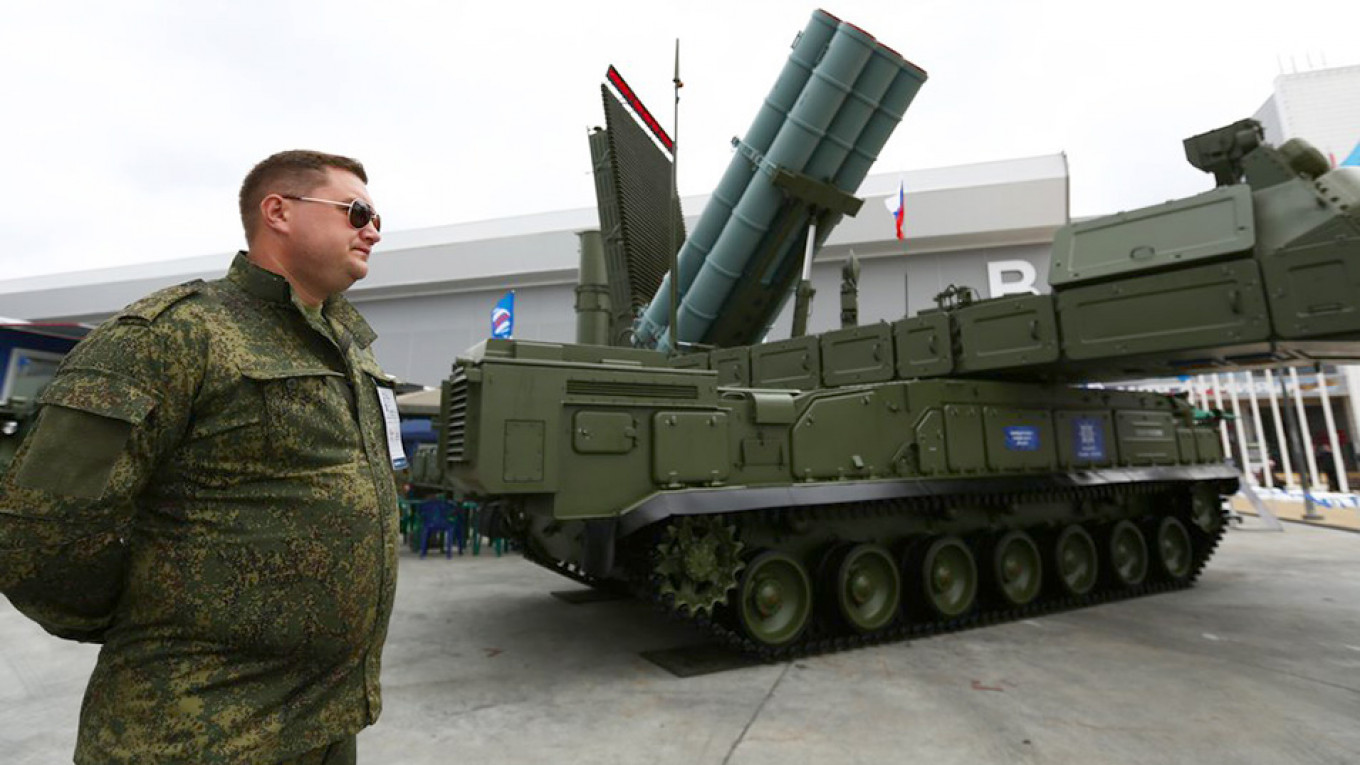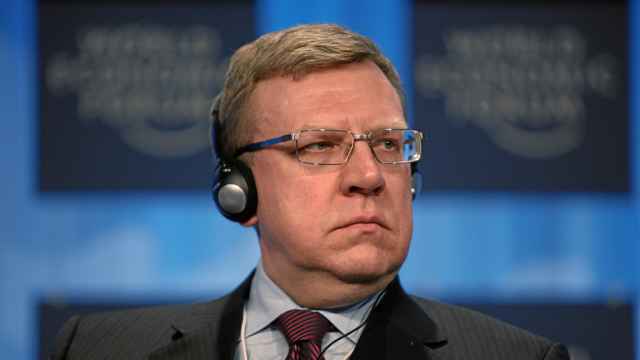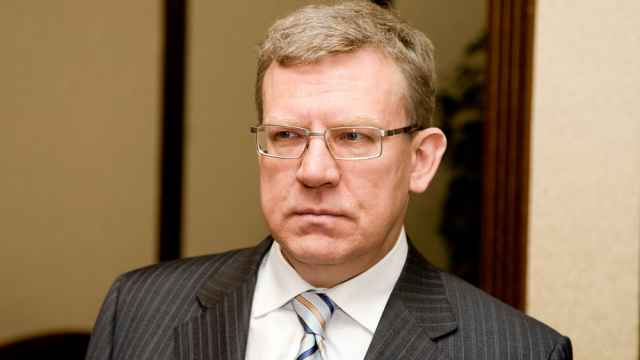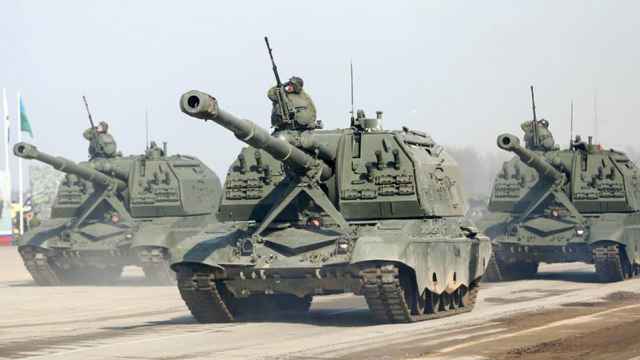Russia spends almost $73 billion per year on secret weapons and intellectual property, expenditures that total over 5% of the economy, according to official data analyzed by the RBC news website.
Russia’s gross domestic product (GDP) totaled $1.5 trillion in 2017. A Swedish think tank reported this year that Russia officially spent $66.3 billion on defense that year, ranking sixth in the world for defense spending.
Arms and intellectual property procurement totaled 4.85 trillion rubles ($72.9 billion), or 5.3% of Russia’s 2017 GDP, RBC reported on Wednesday, citing newly released State Statistics Service (Rosstat) data.
The share of classified spending on warplanes, ships and tanks, as well as on resource exploration, software and research and development, had been reportedly growing in the previous years until it peaked at 5.3% in 2017.
Citing Rosstat data, RBC forecast that weapons and intellectual property spending may have decreased in 2018.
Experts differ on whether defense spending should be made public. Yevgeny Nikitenko, national security professor at the Russian Presidential Academy of National Economy and Public Administration (RANEPA), told RBC that making the data public would be a crime against the state.
Alexei Arbatov of the Russian Academy of Sciences’ institute of world economy and international relations, however, argued that hiding this information could create an environment that enables unchecked spending.
“There’s no sense in hiding this data,” Arbatov said. “When it comes to the military, non-transparency allows for uncontrolled use of funds.”
RBC calculated the classified figure by subtracting the Russian military's fixed assets such as buildings, transport and machinery from gross fixed capital formation, which totaled 19.88 trillion rubles ($299 billion).
A Message from The Moscow Times:
Dear readers,
We are facing unprecedented challenges. Russia's Prosecutor General's Office has designated The Moscow Times as an "undesirable" organization, criminalizing our work and putting our staff at risk of prosecution. This follows our earlier unjust labeling as a "foreign agent."
These actions are direct attempts to silence independent journalism in Russia. The authorities claim our work "discredits the decisions of the Russian leadership." We see things differently: we strive to provide accurate, unbiased reporting on Russia.
We, the journalists of The Moscow Times, refuse to be silenced. But to continue our work, we need your help.
Your support, no matter how small, makes a world of difference. If you can, please support us monthly starting from just $2. It's quick to set up, and every contribution makes a significant impact.
By supporting The Moscow Times, you're defending open, independent journalism in the face of repression. Thank you for standing with us.
Remind me later.






